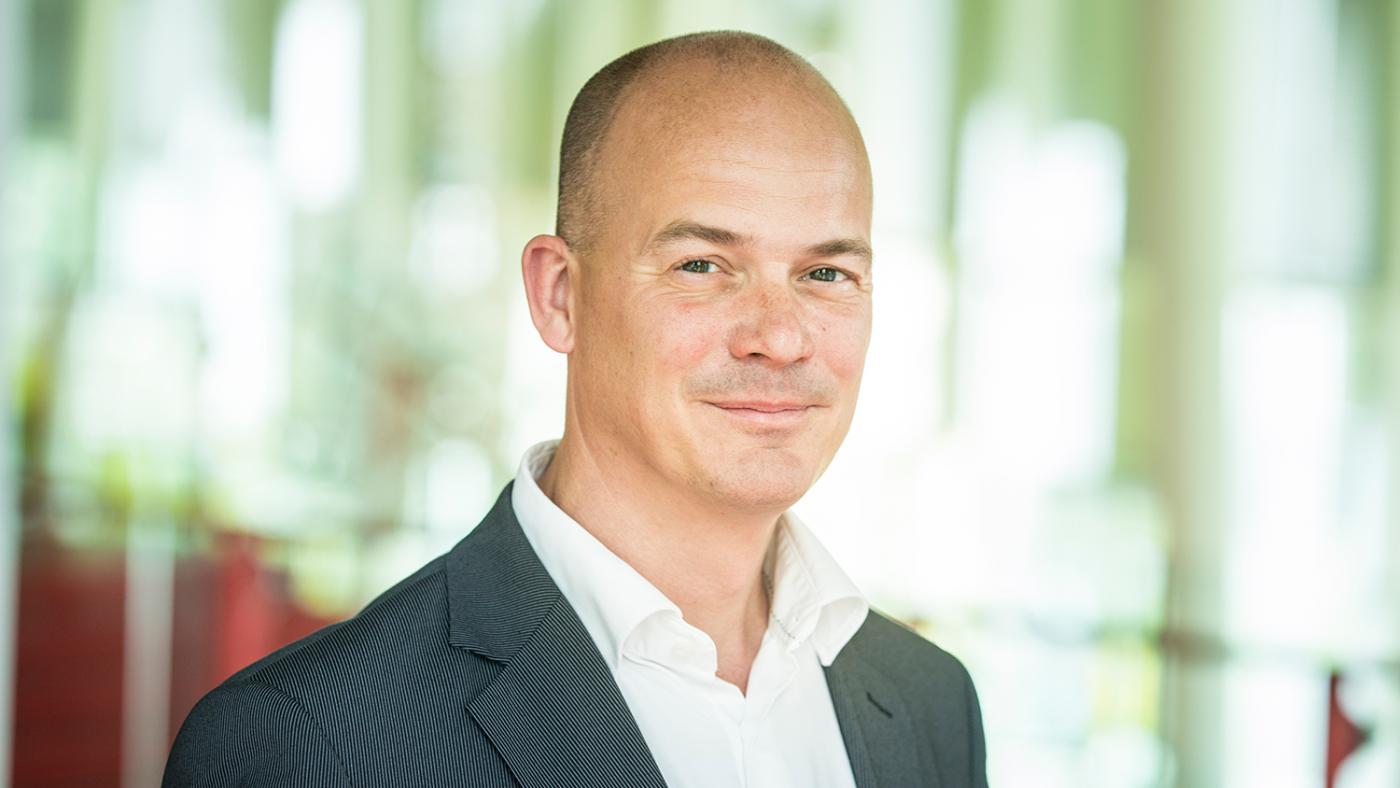‘What if it doesn't go away? UU's education must become Covid-proof’

Sometimes it feels as though universities are caught up in an exhausting loop: from a sudden lockdown to an expected permission to reopen, then on to another sudden lockdown, and so on and so forth. Impatient schedulers lag behind, while students and lecturers are unhappy. Comparing the situation to the movie Groundhog Day, in which the main character continuously lives through the same day, has become a cliché by now.
However, many employees do not realise that universities may have to deal with contagious viruses for a lot longer, says Harold van Rijen, director of the Graduate School of Life Sciences. Together with the Vice-dean of Medicine, Berent Prakken, he wrote an op-ed for Dutch newspaper Volkskrant (available in Dutch only, Ed.) this month, in which they argue for a new approach to university education, one that would offer students and lecturers guidance and peace.
“For quite some time, Berent and I have been thinking about ways to make education more flexible in order to avoid the adverse effects of the Covid regulations as much as possible”, Van Rijen explains. “But we have noticed that it is quite hard to get a sense of urgency for this sort of plan. The high workload might make that understandable, but a lot of people are still in a ‘it will be over soon and then we’ll go back to how things were’ mode. But what if it doesn’t end?”
Van Rijen has also noticed the resilience of students and lecturers slowly fading way. “We can’t keep on telling them to cheer up and stick it out a little longer. But I also don’t really know how we should proceed. Regardless, we have to start discussing the future.”
Moving along with the virus
Considering the many responses Prakken and Van Rijen received, it looks like their ideas resonate with a lot of people. In its last coronavirus update, UU's Executive Board wrote they would take the professors’ proposition into account. DUB has been told the subject has also been put on the vice-deans' agenda for discussion.
In their opinion piece, Prakken and Van Rijen argue that higher education “should move along with the rhythm of the infection rate”. That would mean the university would hold lectures and working groups on campus in the autumn, when infection rates are low, and then return to online education from mid-December until April. In May and the summer months, classes and examins could be held on campus again.
If the university were to adopt this approach, it would be possible to have shorter summer holidays and longer winter breaks, acknowledges Van Rijen. “We are not talking about that right now. But why not? In the summer, lectures and working groups are at a standstill for eight weeks, while classes could take place on campus in that period. Isn’t that holiday a bit too long?”
No Covid diplomas
The question is whether a prolonged period without in-person education would be attractive to students and lecturers. In the past few months months, universities have been frequently accused of preferring online education over classes on campus. The critics say institutions have been using the Covid regulations to cut back on housing expenses. Van Rijen’s propositions can therefore be seen as legitimising the idea of having less classes face to face.
Van Rijen admits that the op-ed has received a lot of "hate mail" as well, including a long message from a student who abhorred the idea of having exclusively online classes for a long period of time. Van Rijen understands the resistance, but thinks it also originates from the way educational programmes have responded to the lockdowns. Classes that were supposed to happen on campus were simply transferred to the online environment, regardless of whether that was the right fit or not. “That only makes students feel as though they're being shortchanges – they get the feeling they are studying for a Covid diploma. But that's all the more reason to take action now and find a new approach that preserves UU's principle of offering engaging, small-scale education.”
Brainstorming a long-term vision
Van Rijen acknowledges he has a privileged position. As a professor of Innovative Forms of Learning in Higher Education, he has a team that is aware of all the latest technical and pedagogical possibilities, getting funds to research them. In addition, the National Program of Education (NPO in the Dutch acronym) has specifically allocated funds to Medicine students whose graduation has been delayed because of the situation in hospitals and labs.
Van Rijen has already taken a few steps to make his own graduate school more "pandemic-proof". Forty courses can now be completed through the Life Long Learning platform, which serves UU and UMC Utrecht, offering thus a richer educational experience. There are also online profiles and courses that can be completed as an alternative to the research internship supposed to be completed in the second year. Moreover, the introductory phase for Master’s students has been adjusted: part of it is now online, and the in-person meet-ups are smaller.
“There are big differences between the study programmes, of course. Each discipline has their own specific needs and wishes. For starters, we think that lecturers and study programmes should start brainstorming a long-term vision for their education considering the current circumstances will continue. Additionally, they must define what they need to fulfill that vision. After all, there is a lot of knowledge within the UU about engaging and small-scale online forms of education. Think of Educate-It, for instance. We need to make sure that more lecturers and study programmes use that knowledge.”
Perhaps their most important point is that a pro-active approach might take away some of the Covid chagrin, states Van Rijen. “We need a culture change to do that, as well as additional efforts in a time where people are already busy. But we might not have a choice.”